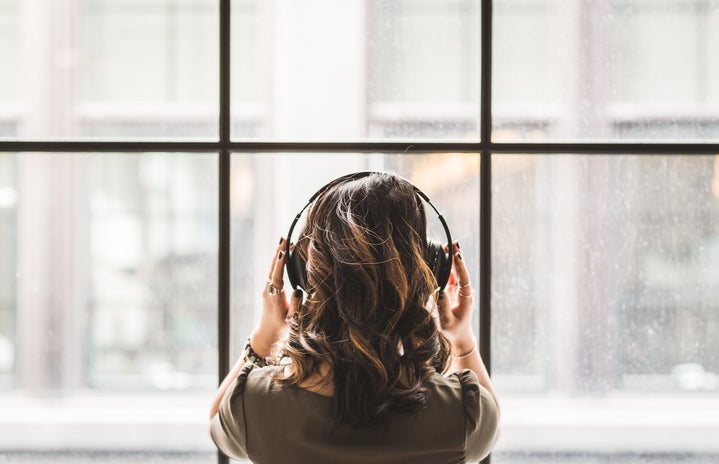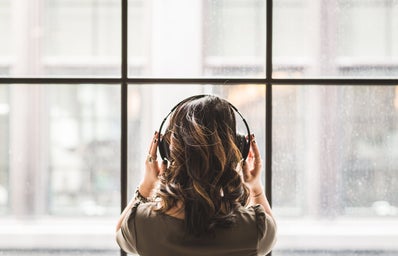In a society where having the body type of a Victoria’s Secret model is idealized, and dieting and over-exercising are normalized, pop icon Lizzo is no doubt a revolutionary figure. It is not because she is a plus-size African-American woman who doesn’t give a shit about what others think of her, even though many media outlets like to highlight these aspects for the sake of profit and generating sensationalism. Of course, Lizzo’s status as a plus-size black woman does make her more relatable to her fans who are women of color and plus-sized, and look up to her as a role model. However, by focusing on Lizzo’s looks — which detracts from her artistry and her underlying message to her audience — we are overlooking the importance of her contributions to social justice activism and the positive influence she exerts over her young fan base.
In an interview with the Cut, when asked about the label that the music industry has imposed on her as being the “body positivity rapper who will change the world,” Lizzo had a lot to say against it: “I say I love myself, and they’re like, ‘Oh my gosh, she’s so brave. She’s so political.’ For what? All I said is ‘I love myself, bitch! … Even when body positivity is over, it’s not like I’m going to be a thin white woman. I’m going to be black and fat. That’s just hopping on a trend and expecting people to blindly love themselves. That’s fake love. I’m trying to figure out how to actually live it.”
By depoliticizing and framing body positivity and self-love as a state of simply existing, Lizzo deconstructs the binaries that persist about women who do not conform to the “thin, white woman” category. Additionally, she advocates for all of us to accept and embrace our bodies as they are — not as we think they should be. Really, the message that Lizzo is imparting is that body positivity and self-love aren’t revolutionary, but rather owning the space you take up every single day.
Another essential component of her message is that we as women should uplift each other, not bring anyone else down. For decades, the entertainment industry has been oversexualizing women and portraying them as being in constant feuds with one another. This concept can be seen in Meghan Trainor’s song “All About That Bass” where she proceeds to do the same thing that’s been done for decades in the industry except in reverse — she denigrates thin women with phrases like “silicone Barbie dolls,” “skinny bitches,” and “we know she ain’t real.” In essence, she is treating skinny women like they are a threat to her, and sees herself as competing with them for male sexual attention. Lines like “boys like a little more booty to hold at night” and “I’m bringing that booty back” indicate that the path to self-acceptance for Trainor involves receiving male approval and tearing down other women in the process. Hinging your self-worth on your dateability (and fuckability) is an incredibly toxic mentality to hold, and Lizzo thinks so, too.
Lizzo’s most popular song, “Truth Hurts,” talks about how she is more than willing to move on from guys who behave like assholes, because she is a human being that deserves to be treated with respect. And if that makes her “100 percent that bitch,” then so be it. To Lizzo, vocalizing what you want and don’t want out of a relationship is an act of self-love, because you’re ultimately making your wellbeing a priority. As females, we are often taught to behave and act in certain ways that please others, especially men, even if it makes us uncomfortable. To be honest, questioning gendered behaviors is pretty damn revolutionary considering we are socialized into them from a young age by the media.
And that’s not the only monologue Lizzo’s dedicated to self-love and self-acceptance. “Juice,” just like Meghan Trainor’s infamous song, takes on the subject of being a plus-size woman, but instead of constructing this experience from the perspective of the male gaze, Lizzo embraces her curves unabashedly. Men are in the periphery of her narrative, and even then they are simply a nuisance, which — to be frank — is refreshing. Because the reality of being a woman, especially in a city like New York, is that you are just as (or possibly more) likely to receive unwanted and wanton advances from men, whether it’s through catcalling or a dick pic, as you are to meet your soulmate on the subway or in Central Park.
It’s definitely difficult to unravel the perceptions we’ve formed about ourselves, from the stereotypes we’ve seen on TV to the labels that our peers gave us in high school. In fact, the process of unlearning the hate we’ve internalized since we were children takes years to do. In the words of Lizzo: “It’s because loving yourself don’t happen overnight… self-hate is years of internalized programming from external influences… sometimes self-hate is chemical & effects ya mentally/emotionally… give your growth time— it took me 10 years and I’m still not 100% there.”
Lizzo’s honesty with her fans is something that we don’t see a lot of in this day and age where celebrities are pressured to develop a social media persona that is not always authentic. What we can take from Lizzo’s presence on the stage and the messages that inspire her artistry is that we cannot be anything except ourselves in the long term. And once we accept this fact, we can begin working toward becoming the best authentic version of ourselves — which isn’t based on the expectations of others, but on the person that we want to be.


